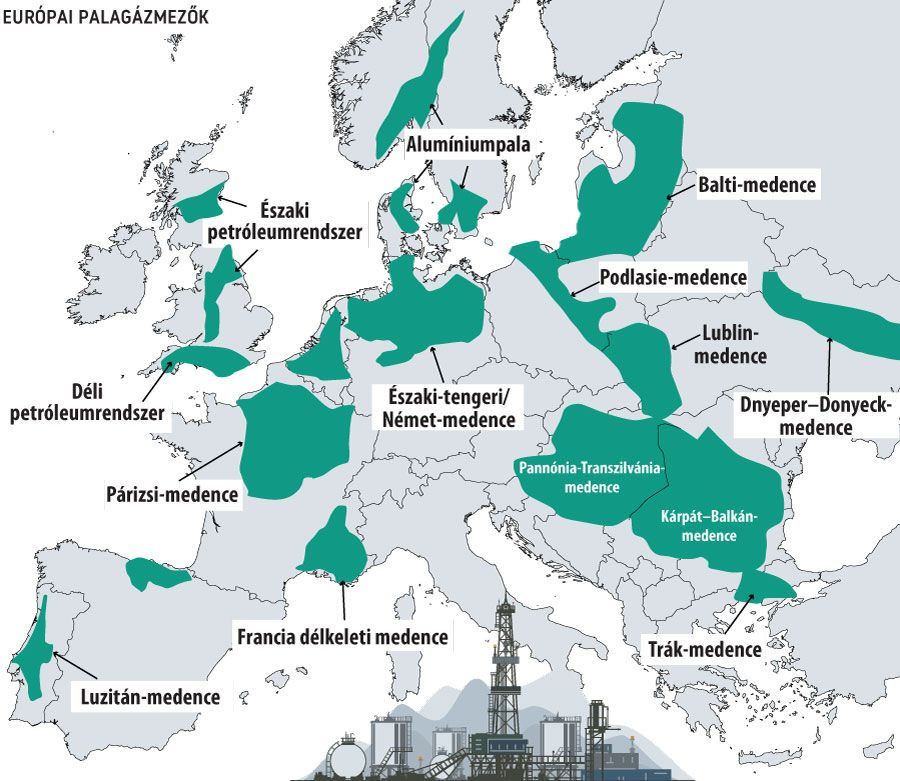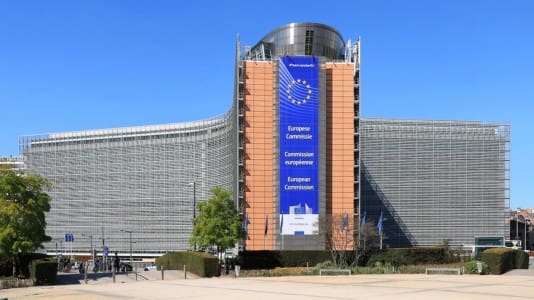The Russian government funded environmental lobby groups to campaign against the extraction of shale gas in order to stop Europe from embracing this alternative source of energy and maintain its reliance on Russian energy, a report from the Polish Press Agency (PAP) claims.
Europe’s deposits of shale gas were originally estimated to be between 13 and 14 billion cubic meters, considerably more than existing deposits of the conventional variety of gas. However, fracking for shale gas proved to be controversial throughout Europe. Due to high population density and geological conditions in areas where extraction would take place, as well as claims of pollution, the shale gas industry never took off, the report reads.
Various environmental groups campaigned against shale gas, organizing protests in local communities. Suspicions began circulating that they may have been receiving financial support from Russia, which was keen to protect the market for its vast reserves of Siberian gas.
A report by the Wilfried Martens Center for European Studies (WMCES) found that the Russian government provided €82 million in funding to NGOs tasked with persuading EU national governments to stop shale gas exploration. The WMCES also reported that the Kremlin had used various “informal intermediaries,” notably firms and individuals based in tax havens, to fund EU-based environmental groups. This made it difficult for EU policymakers to follow the money trail to Russia.
The policy brought Russia economic and political success as countries such, as Germany and France imposed moratoriums on the exploration of shale gas. Merrill Matthews of the U.S. think tank Institute for Policy Innovation, wrote last year: “By trying to turn public opinion and policy against fossil fuel production, especially fracking [a technique for producing shale gas], Russian oil and natural gas producers would face less competition, allowing them to charge higher prices, realize greater profits and make Europe even more dependent on Russian oil and gas…. Mission accomplished! Unlike the United States, Europe never embraced fracking.”
According to the WMCES’ Dimitar Lilkov, “If Europe doesn’t explore novel options such as shale gas for satisfying its energy needs, it will be faced with two unsavory choices. One would be to succumb to situational pressure and negotiate for restored shipments from Gazprom. This would be a devastating geopolitical failure for the EU and a direct betrayal of the people of Ukraine.
“The second option is energy rationing, social tensions and a painful loss of economic competitiveness across the continent,” he concluded.
In the late 2000s, there had been much speculation that Poland had substantial shale gas capacity. However, potential mining companies claimed at the time that the exploration of most of the reserves would be uneconomical.






